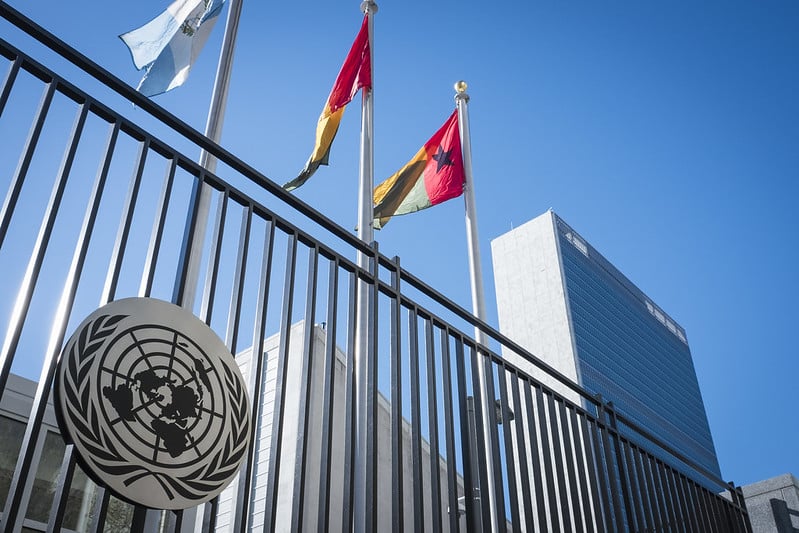Foreign official immunity refers to international and domestic rules that shield foreign officials from suit. Diplomatic and consular immunity are governed by the Vienna Convention on Diplomatic Relations and the Vienna Convention on Consular Relations, respectively. Under customary international law, “head-of-state” immunity provides absolute immunity to sitting heads of state, heads of government, and foreign ministers, whereas “conduct-based” immunity shields lower-level officials and former officials from suits based on acts taken in their official capacities. In the United States, head-of-state and conduct-based immunity are rules of federal common law.
A Primer on Foreign Official Immunity
Foreign official immunity refers to rules of international and domestic law that shield foreign officials from suit and from criminal prosecution. These rules are related to the rules of foreign sovereign immunity, codified in the U.S. Foreign Sovereign Immunities Act (FSIA), but they differ from those rules in many respects. Rules of foreign official immunity…
Continue ReadingCourt Rejects Trump Administration’s Immunity Statement in UNRWA Case
A federal court has rejected the Trump administration statement of interest regarding the immunity of the United Nations Relief and Works Agency (UNRWA). In the Estate of Tamar Kedem Simon Tov et al. v. United Nations Relief and Works Agency (UNRWA) et al. (SDNY), foreign nationals allege that UNRWA and individual defendants knowingly aided and…
Continue ReadingFifth Circuit Holds that TPVA Does Not Abrogate Foreign Official Immunity
The Torture Victim Protection Act (TVPA) creates a civil cause of action for torture and extrajudicial killing done under color of foreign law. In Does 1-5 v. Obiano, the widows of five men killed by the Nigerian military during peaceful rallies for Biafran independence sued Willie Obiano, the former governor of the state where the…
Continue ReadingHalkbank Files New Cert Petition
Halkbank, a Turkish state-owned bank accused of violating U.S. sanctions on Iran, filed a petition for certiorari last week seeking a second chance to convince the Supreme Court that it is immune from criminal prosecution in the United States. In its first trip to the Court, back in 2023, Halkbank argued that it was entitled…
Continue Reading

